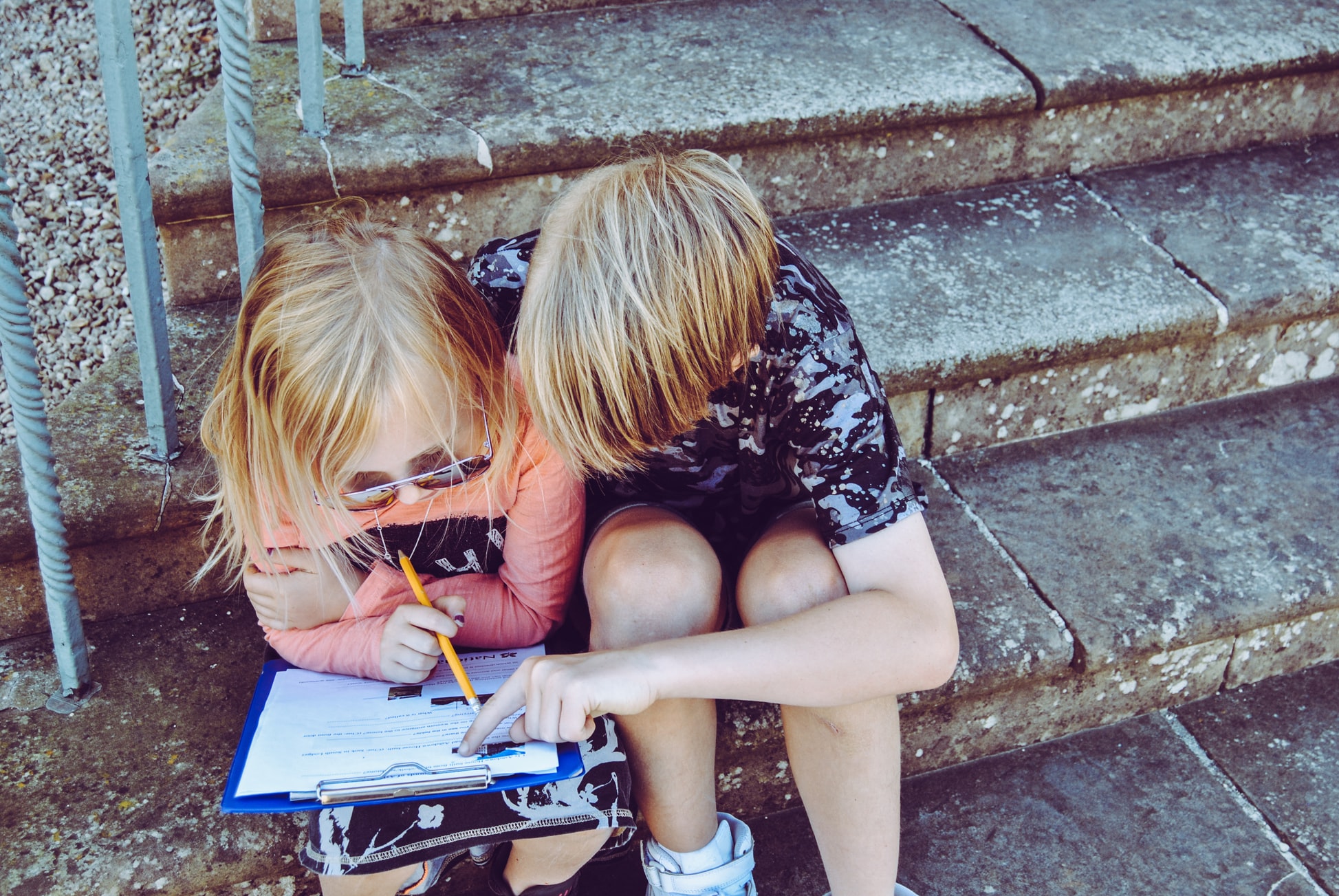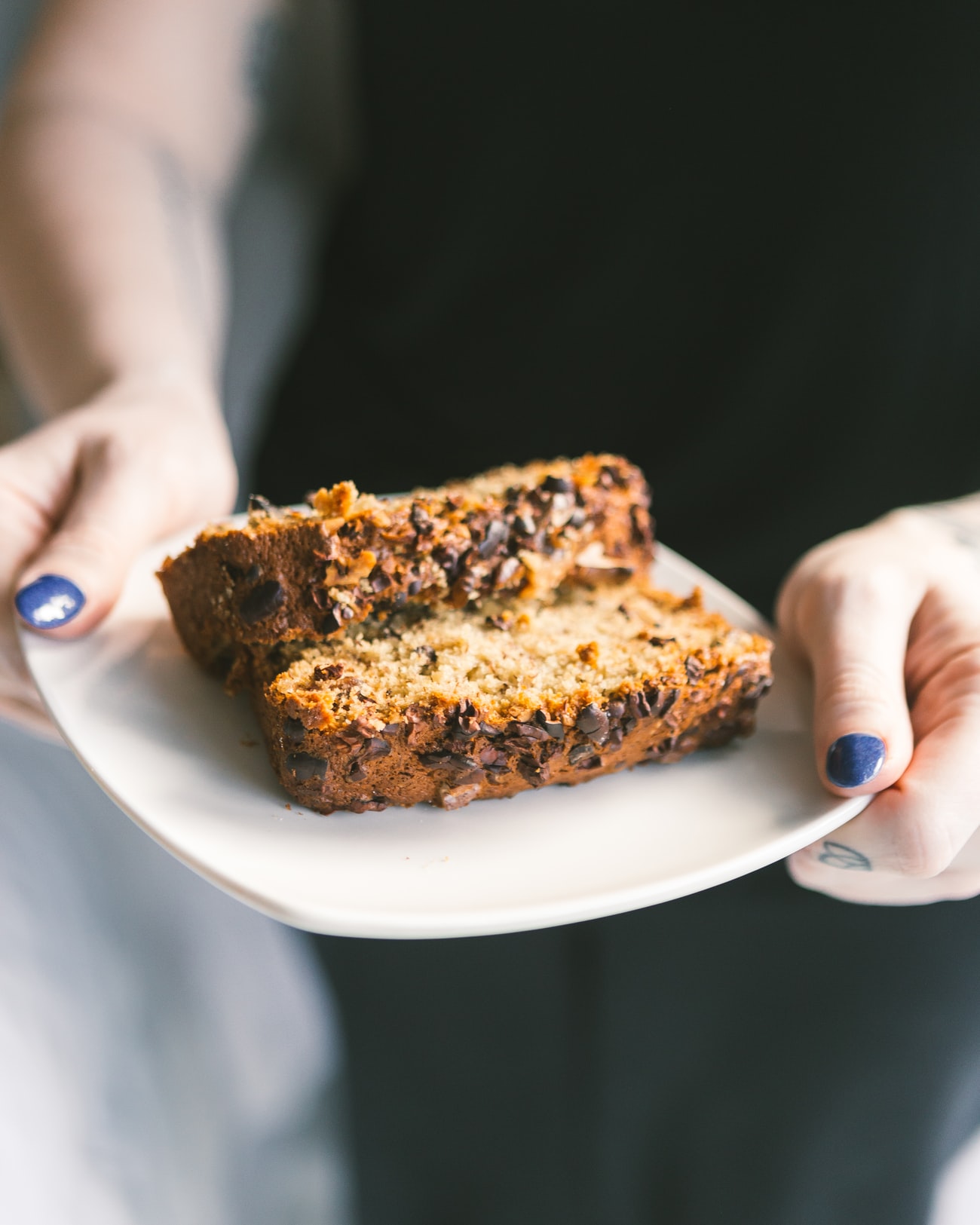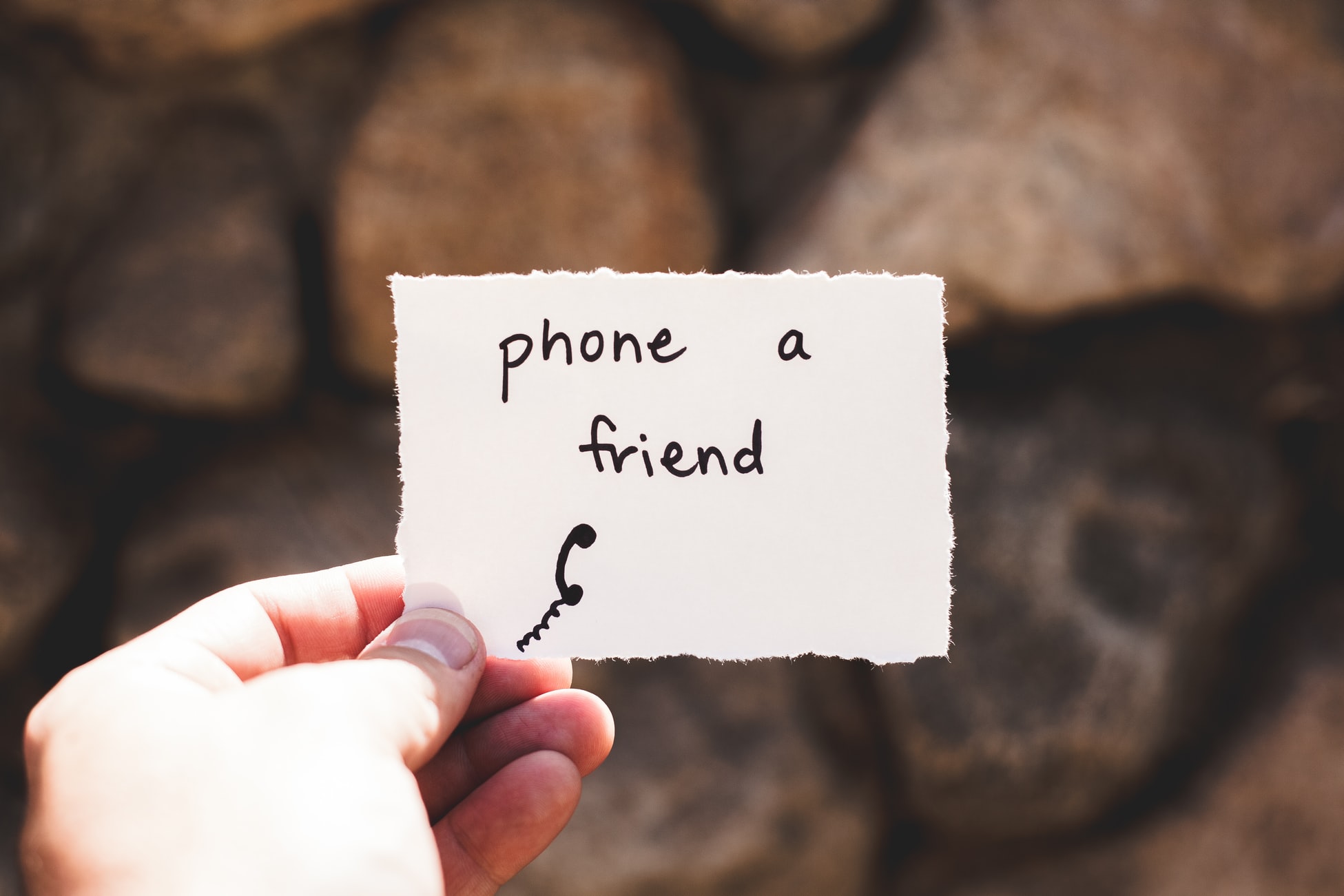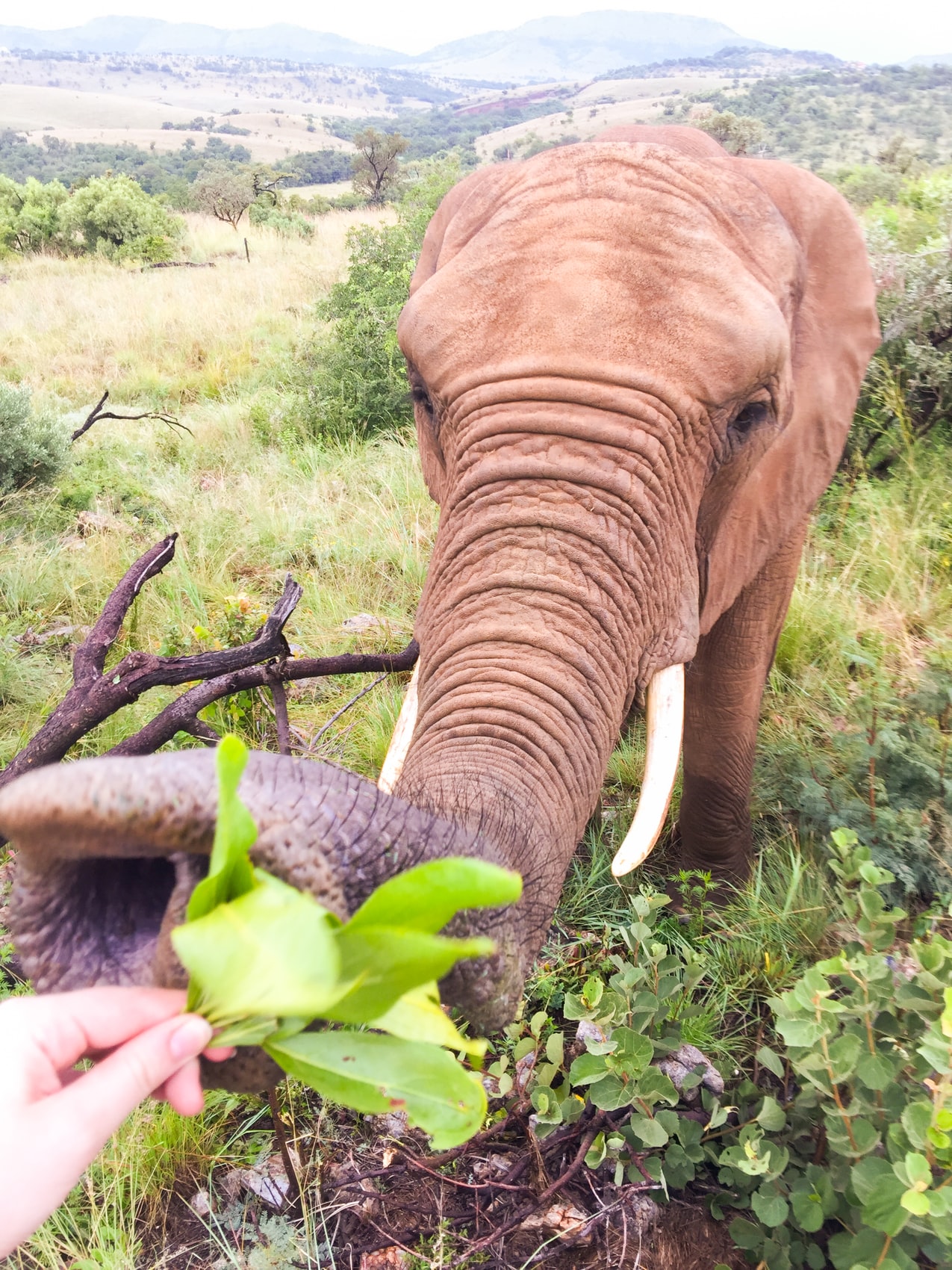
- Personal Growth -
- 9mins -
- 19,942 views
Top 10 Bonus Benefits of Being Kind
Discover the many ways that kindness has a positive impact on your brain and body… it’s even good for your heart!
Kindness produces many beneficial effects for the body, mind, and spirit
Have you ever noticed that kindness is one of those strange happiness paradoxes whereby we become happier when we’re making other people happy? The old saying goes something like —“Treat others how you want to be treated yourself” — and while this is something we all learn from an early age, did you know there are a number of real-life benefits associated with the way we treat others?

Source: Pexels/Pixabay
Being kind to others is being kind to yourself!
Studies have shown that as children, we’re biologically hardwired to be kind, and we can further develop this trait with practice and repetition. However, due to outside influences and the pressures of day-to-day life, sometimes we can lose this inherent ability. Kindness and empathy help us relate to other people and have more positive relationships with friends, family, and even strangers we encounter as we go about our daily lives. Besides improving personal relationships, kindness can actually make you healthier. Discover how being kind to others has a range of positive effects on you as well as the people you’re being kind to. Here are 10 ways to improve your own health and happiness through kindness.
1. Kindness Makes us Happier
When we do something kind for someone else, we feel good. On a spiritual level, many people feel that this is because it is the right thing to do and so we’re tapping into something deep and profound inside of us that says, ‘This is who I am.’
On a biochemical level, it is believed that the good feeling we get is due to elevated levels of the brain’s natural versions of morphine and heroin, which we know as endogenous opioids. They cause elevated levels of dopamine in the brain and so we get a natural high, often referred to as ‘Helper’s High’.

Source: Suraphat Nuea-on/Pexels
2. Kindness Is Good for the Heart
Acts of kindness are often accompanied by emotional warmth. Emotional warmth produces the hormone, oxytocin, in the brain and throughout the body. Of recent interest is its significant role in the cardiovascular system.
Oxytocin causes the release of a chemical called nitric oxide in blood vessels, which dilates (expands) the blood vessels. This reduces blood pressure and therefore oxytocin is known as a ‘cardioprotective’ hormone because it protects the heart (by lowering blood pressure). The key is that acts kindness can produce oxytocin and therefore kindness can be said to be cardioprotective.

Source: Helena Lopes/Pexels
3. Kindness Slows Ageing
Ageing on a biochemical level is a combination of many things, but two culprits that speed the process are Free Radicals and Inflammation, both of which result from making unhealthy lifestyle choices.
But remarkable research now shows that oxytocin (that we produce through emotional warmth) reduces levels of free radicals and inflammation in the cardiovascular system and so slows ageing at source. Incidentally these two culprits also play a major role in heart disease so this is also another reason why kindness is good for the heart.
There have also been suggestions in the scientific journals of the strong link between compassion and the activity of the vagus nerve. The vagus nerve, as well as regulating heart rate, also controls inflammation levels in the body. One study that used the Tibetan Buddhist’s ‘Loving Kindness Compassion’ meditation found that kindness and compassion did, in fact, reduce inflammation in the body, mostly likely due to its effects on the vagus nerve.

Source: Andrea Piacquadio/Pexels
4. Kindness Improves Relationships
This is one of the most obvious points. We all know that we like people who show us kindness. This is because kindness reduces the emotional distance between two people and so we feel more ‘bonded’. It’s something that is so strong in us that it’s actually a genetic thing. We are wired for kindness.
Our evolutionary ancestors had to learn to cooperate with one another. The stronger the emotional bonds within groups, the greater were the chances of survival and so ‘kindness genes’ were etched into the human genome.
So today when we are kind to each other we feel a connection and new relationships are forged, or existing ones strengthened.

Source: Unsplash/Toa Heftiba
5. Kindness is Contagious
When we’re kind we inspire others to be kind and studies show that it actually creates a ripple effect that spreads outwards to our friends’ friends’ friends – to 3-degrees of separation. Just as a pebble creates waves when it is dropped in a pond, so acts of kindness ripple outwards touching others’ lives and inspiring kindness everywhere the wave goes.
A study reported than an anonymous 28-year-old person walked into a clinic and donated a kidney. It set off a ‘pay it forward’ type ripple effect where the spouses or other family members of recipients of a kidney donated one of theirs to someone else in need. The ‘domino effect’, as it was called in the New England Journal of Medicine report, spanned the length and breadth of the United States of America, where 10 people received a new kidney as a consequence of that anonymous donor.

Source: Unsplash/Rachel
6. Kindness supports the immune system
Research shows that kindness (due to how it feels when you’re kind) boosts levels of an important immune system antibody known as ‘secretory immunoglobulin A’ (s-IgA for short). One of the most amazing facts of this research is that the effect is turned on simply by watching kindness. Yes, ‘watching’ kindness. It works because the immune-boosting effect is due to how kindness feels, which is the same whether you do kindness or witness kindness. The opposite is in how stress suppresses immune function and, similarly, that’s due to how stress feels, whether you experience something stressful or whether you’re feeling stressed from watching negative online content.
So, in addition to being kind, why not reduce your exposure to negative online content, or even reduce how much News you watch! Increase the amount of inspiring content you watch instead. Watch and share videos and clips showing acts of kindness and compassion. Follow social media accounts that lift you.
This isn’t just a psychological feel-good. It has immune-boosting consequences.

Source: Unsplash/The Creative Exchange
7.Kindness releases feel-good hormones
Have you ever noticed that when you do something nice for someone else, it makes you feel better too? This isn’t just something that happens randomly—it has to do with the pleasure centers in your brain.
Doing nice things for others boosts your serotonin, the neurotransmitter responsible for feelings of satisfaction and well-being. Like exercise, altruism also releases endorphins, a phenomenon known as a “helper’s high.”
So, go ahead and volunteer, help someone in need, buy someone coffee or lunch, or try one of these ideas—it may be just the pick-me-up you need.

Source: Unsplash/Dustin Belt
8. Kindness supports mental health
Lots of research shows that kindness increases happiness. Studies that compare people asked to do more kindness versus people acting as normal show that those doing more kindness usually feel happier as a consequence. Other research shows that kindness offers some protection against depression. Studies comparing people who do regular volunteer work with those who don’t show much lower rates of depression in the volunteers.
The happiness-boosting and depression-countering effects seem to have their roots in the neurological effects of how kindness feels. Moreover, kindness taps into something deep and spiritual in us.
Brain imaging studies indicate that kind and compassionate feelings cause physical changes in the prefrontal cortex of the brain, biased to the left-hand side. That’s the portion of the brain behind and above the eyes. This left-hand portion is known to be an area associated with positive emotion. With kindness and compassion practice, the area grows much as muscle grows when we exercise it. The result is that anything that area is used for becomes easier to access, just as anything that a muscle is used for becomes easier if it’s been strengthened through exercise. And so kindness and compassion build this brain region, making positive emotion easier to access.
But kindness can be a spiritual act too. Being kind taps into something deep inside of us, a knowing that what we are doing is the right thing to do. Perhaps that is the real root of why kindness feels good and perhaps, on some deep level, the physical effects on the body are nature’s reward to us for expressing the best in us.
References: All studies mentioned 1–8 can be found in Dr. David R. Hamilton’s two kindness books, ‘The Five Side Effects of Kindness‘ and ‘The Little Book of Kindness‘.
Source: Dr. David R. Hamilton

Source: Unsplash/Ana Frantz
9. Kindness eases anxiety
Anxiety, whether it’s mild nervousness or severe panic, is an extremely common human experience. There are several ways to reduce anxiety, such as meditation, exercise, prescription medications, and natural remedies. However, it turns out that being nice to other is one of the easiest ways to keep anxiety at bay.
As pointed out in a study on happiness from the University of British Columbia (UBC), “social anxiety is associated with low positive affect (PA), a factor that can significantly affect psychological well-being and adaptive functioning.” Positive affect refers to an individual’s experience of positive moods such as joy, interest, and alertness.
UBC researchers found that participants who engaged in kind acts displayed significant increases in PA that were sustained over the four weeks of the study.
So, the next time you’re feeling a little anxious, look for opportunities to help others. This could range from smiling at someone or calling a friend to volunteering or lending your time to an organization. Even a small gesture can make a big difference.

Source: Unsplash/Anna Earl
10. Kindness reduces stress
In our busy, always-on-the-go lives, we’re constantly looking for ways to reduce stress. It may be easier than we think.
Helping others lets you get outside of yourself and take a break from the stressors in your own life. Also, this behavior can make you better equipped to handle stressful situations.
Affiliative behaviour is any behavior that builds your relationships with others. According to a study on the effects of prosocial behavior on stress, “affiliative behavior may be an important component of coping with stress and indicate that engaging in prosocial behaviour (action intended to help others) might be an effective strategy for reducing the impact of stress on emotional functioning.”

Source: Unsplash/Clem Onojeghuo
11. (Bonus) Kindness prevents illness
Inflammation in the body is associated with all sorts of health problems. These include diabetes, cancer, chronic pain, obesity, and migraines. According to a study of adults aged 57-85, “volunteering manifested the strongest association with lower levels of inflammation.” Oxytocin also reduces inflammation, and even little acts of kindness can trigger oxytocin’s release.

Source: Unsplash/Joshua Clay
Being kind to others is being kind to yourself!
While we are not suggesting that you be kind for what you get out of it, these things are good to know. Whether you’re kind by nature, or you’re working on it, everybody wins. Being kind to others is being kind to yourself!
References: Studies 1–8 can be found in Dr. David R. Hamilton’s two kindness books, ‘The Five Side Effects of Kindness‘ and ‘The Little Book of Kindness‘.— Studies 9–11 can be found at QueitRev.com
Further reading:
- Stefan Klein, Survival of the Nicest: How Altruism Made Us Human and Why It Pays to Get Along
- Kristin Neff, Self-Compassion: Stop Beating Yourself Up and Leave Insecurity Behind
- Week 3 of “The Science of Happiness” on edX
- Alex Dixon, “Sweet Charity,” Greater Good magazine
This article was first published on BrightVibes on June 10, 2020.

